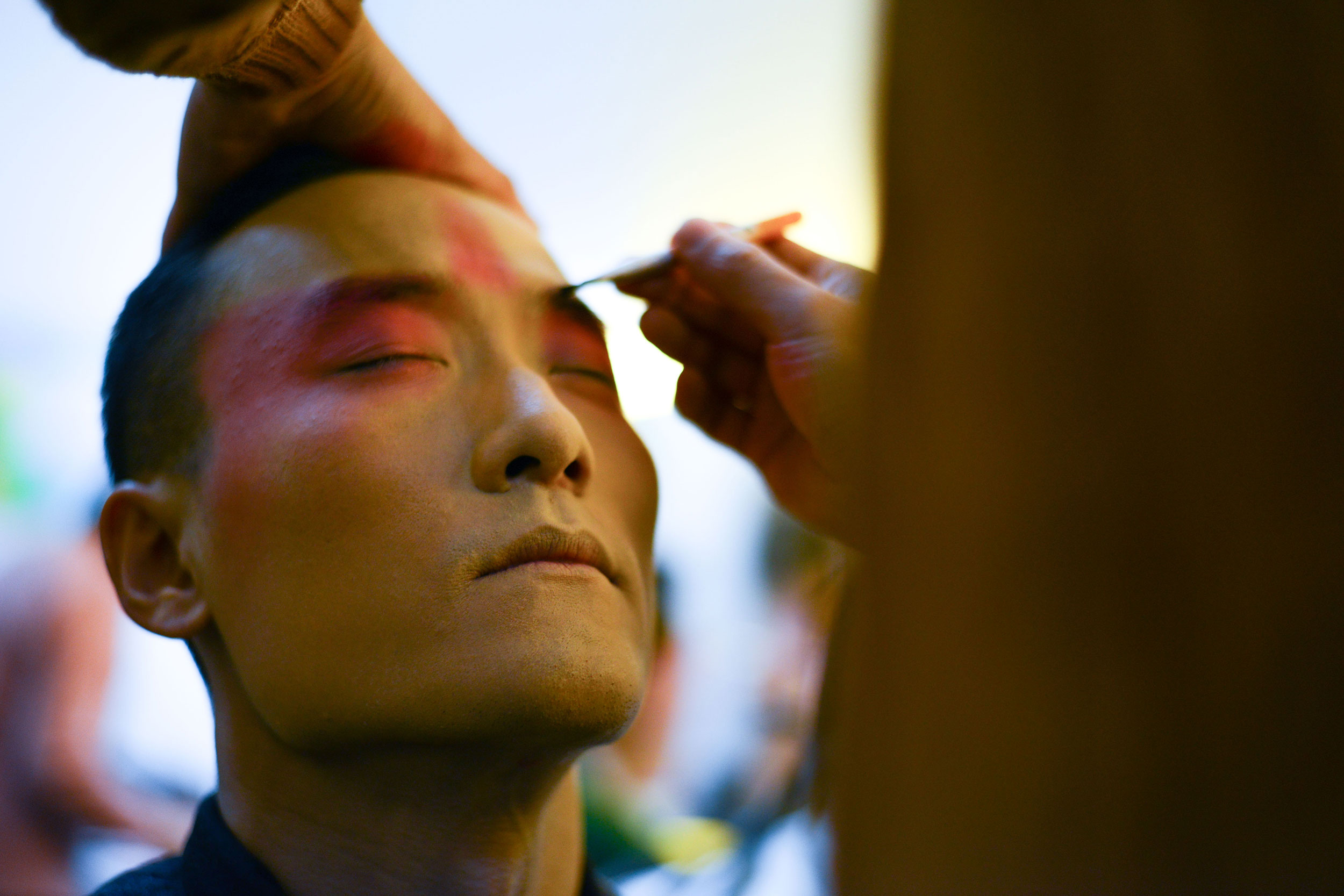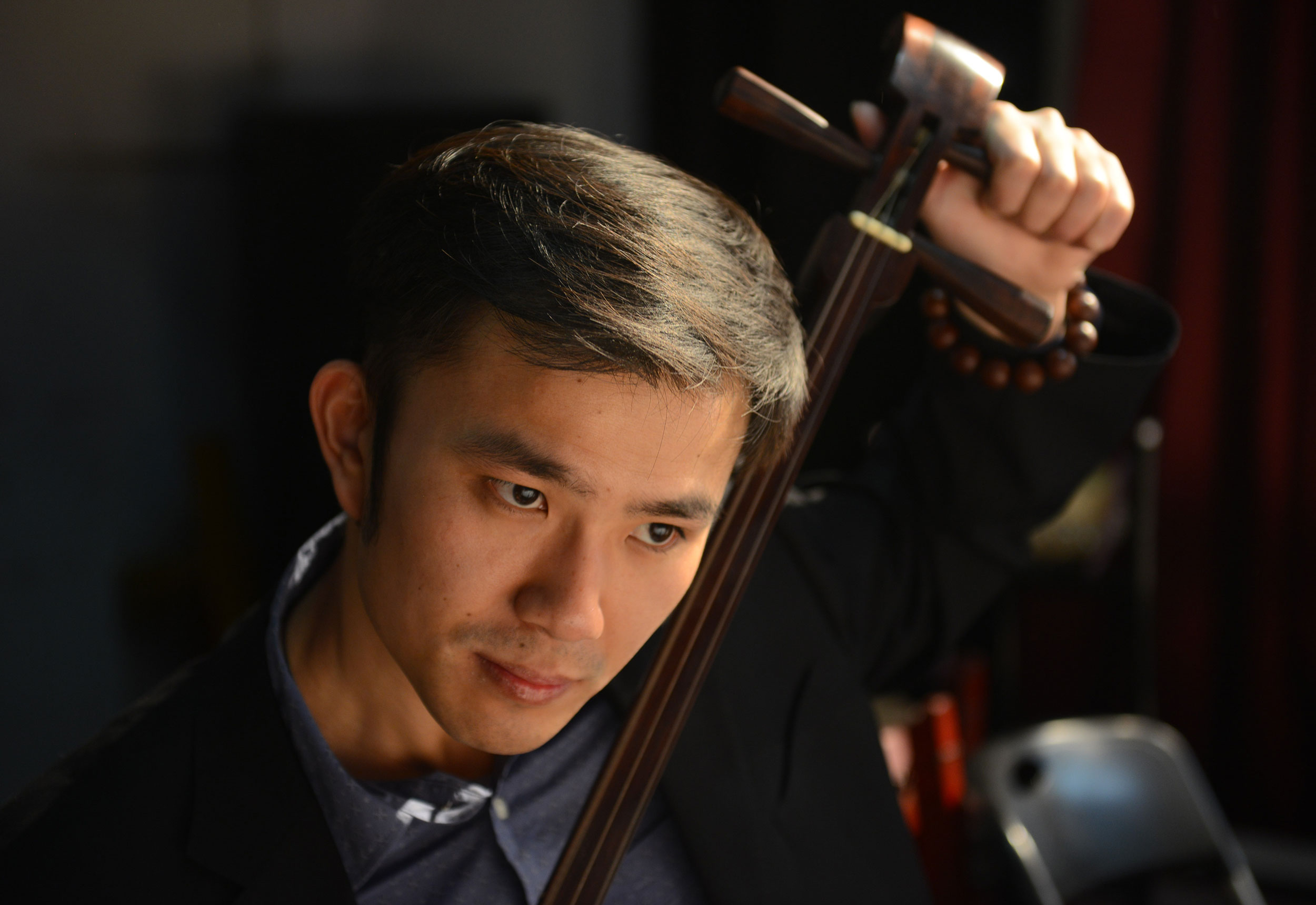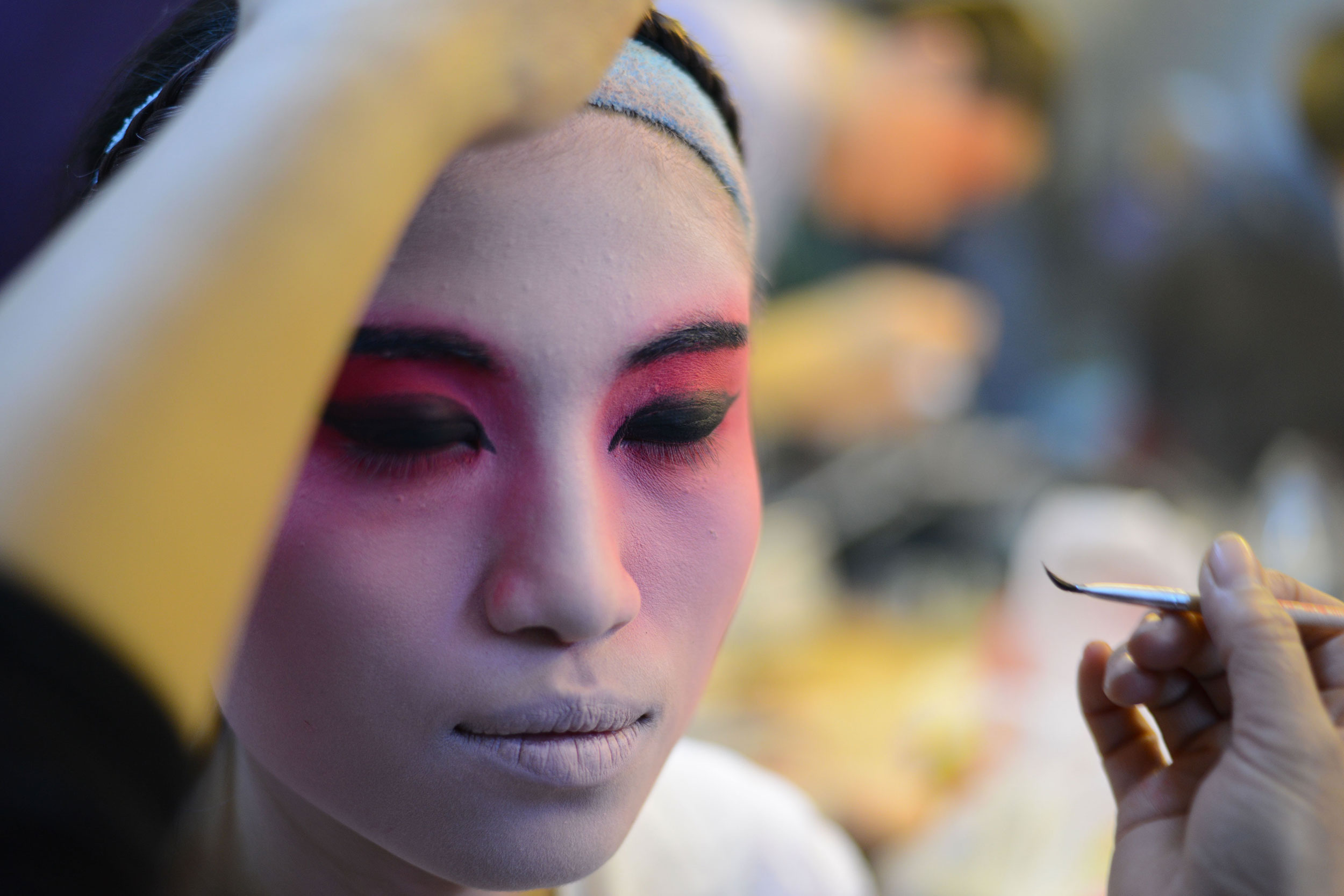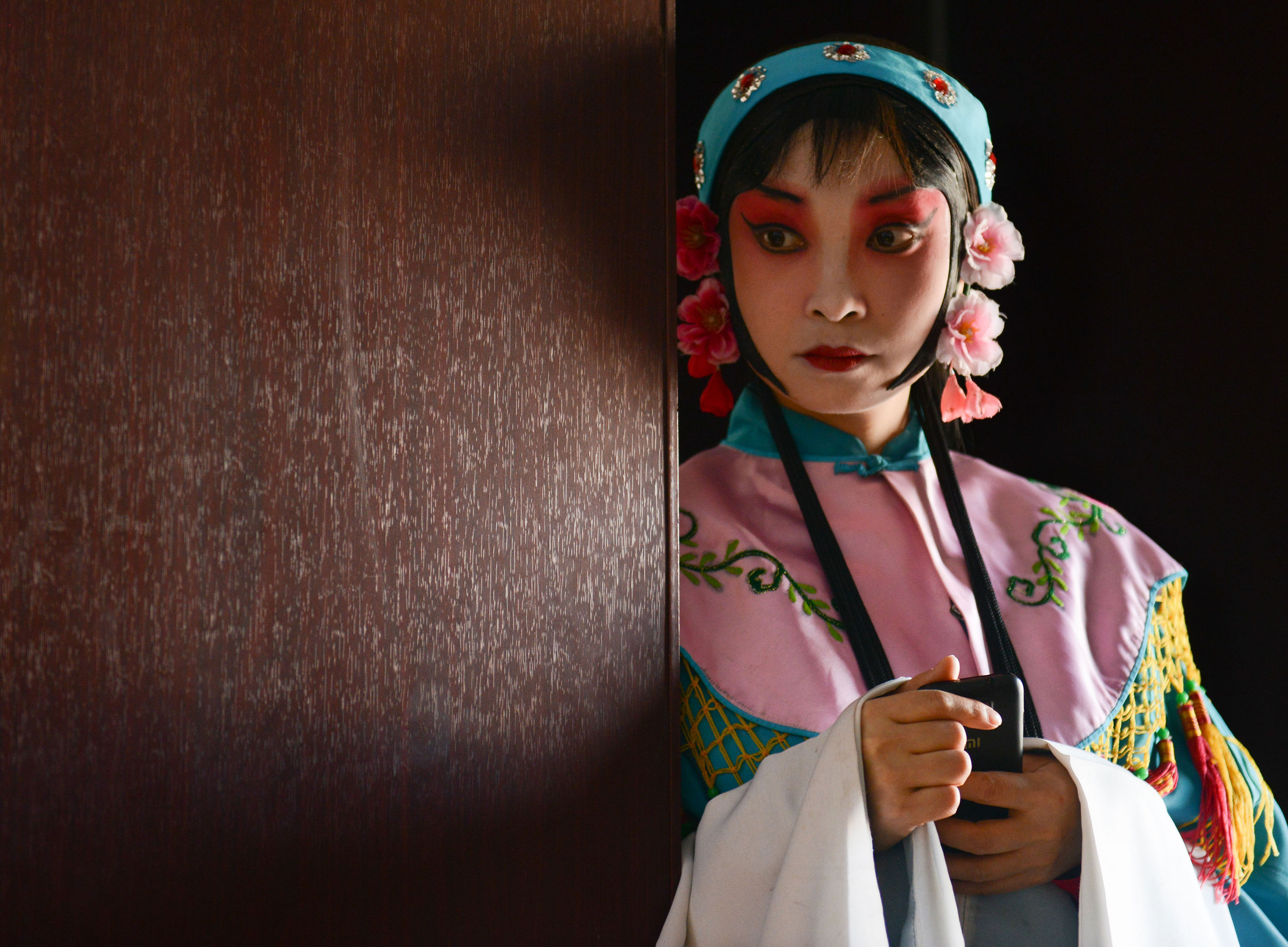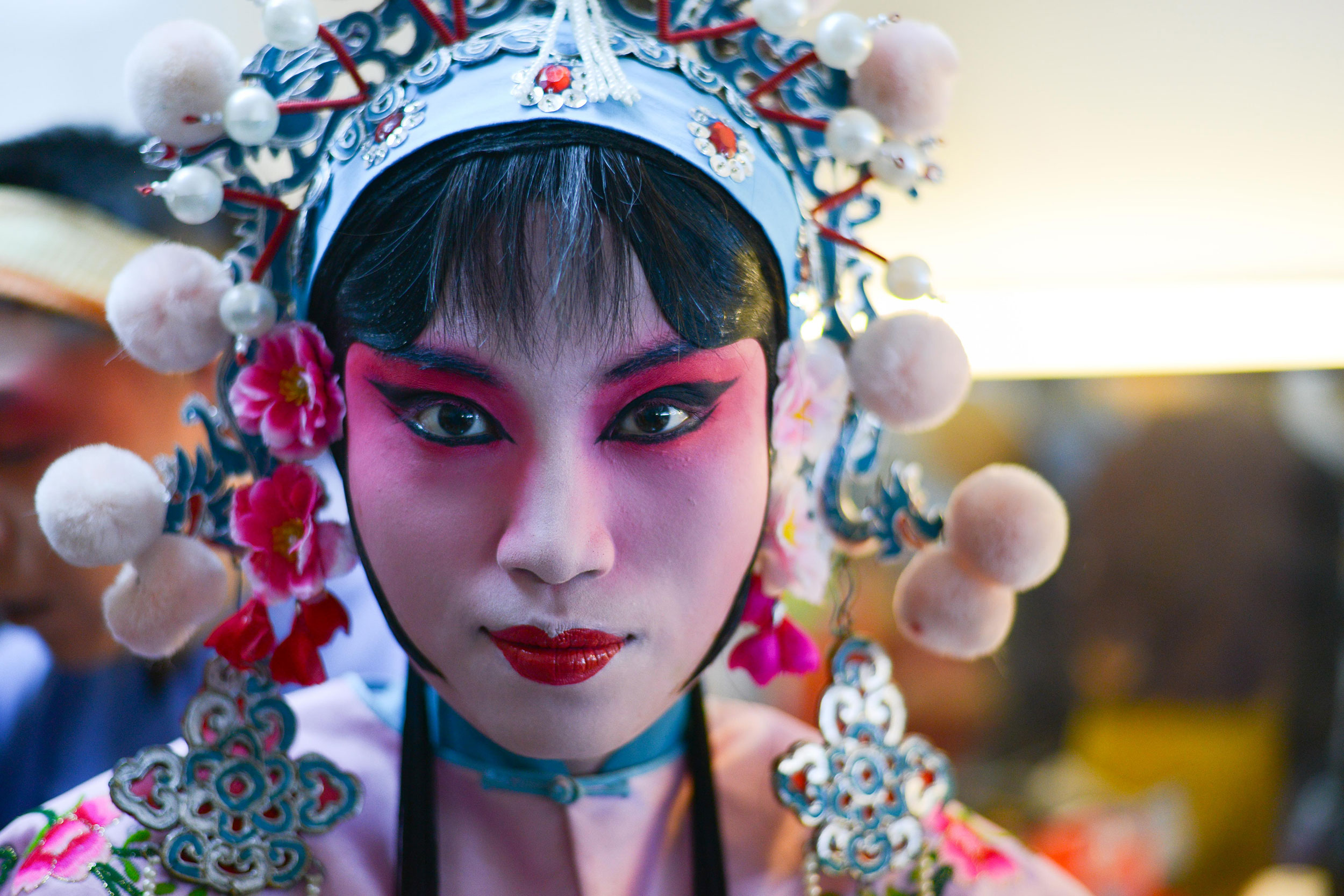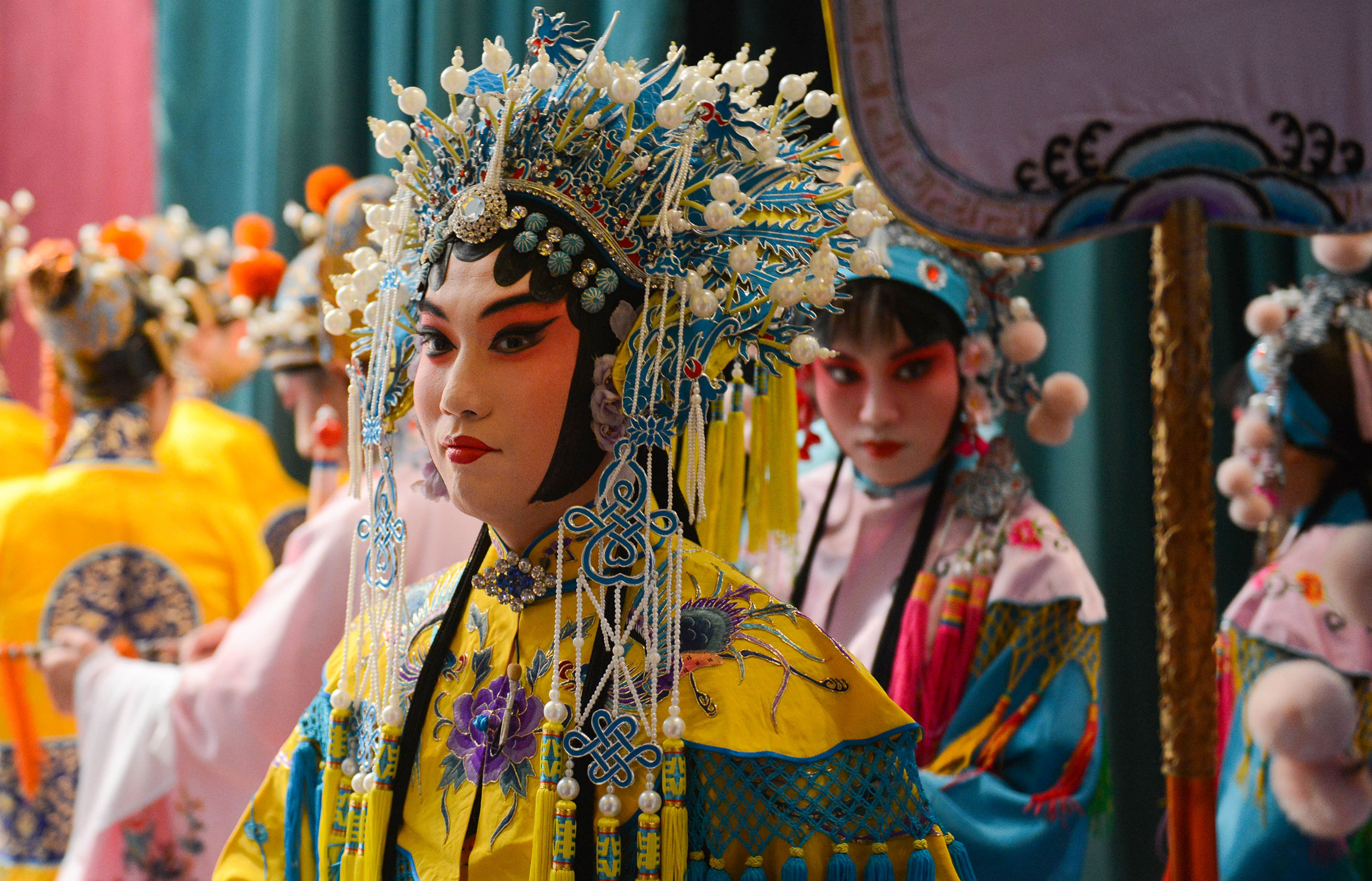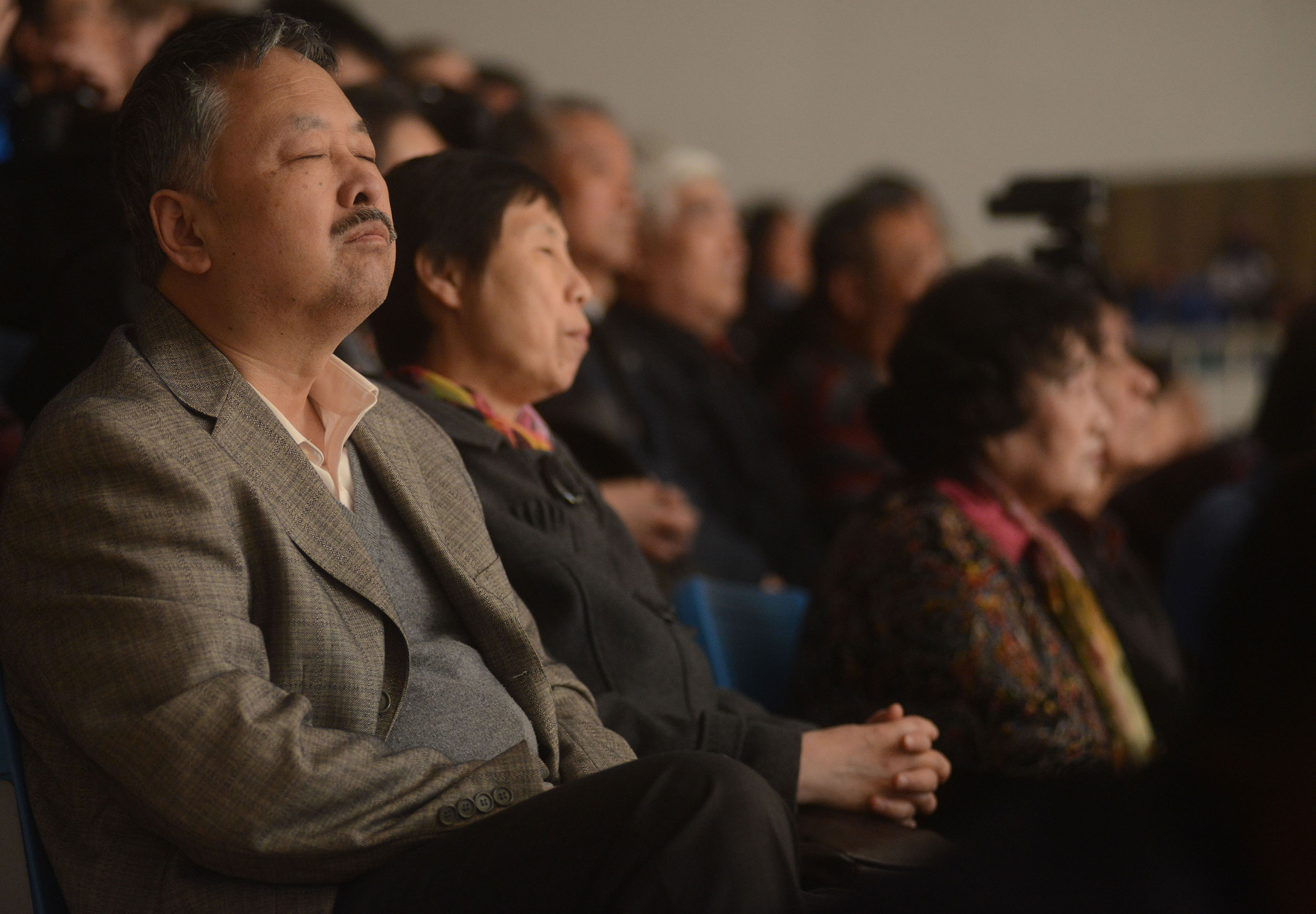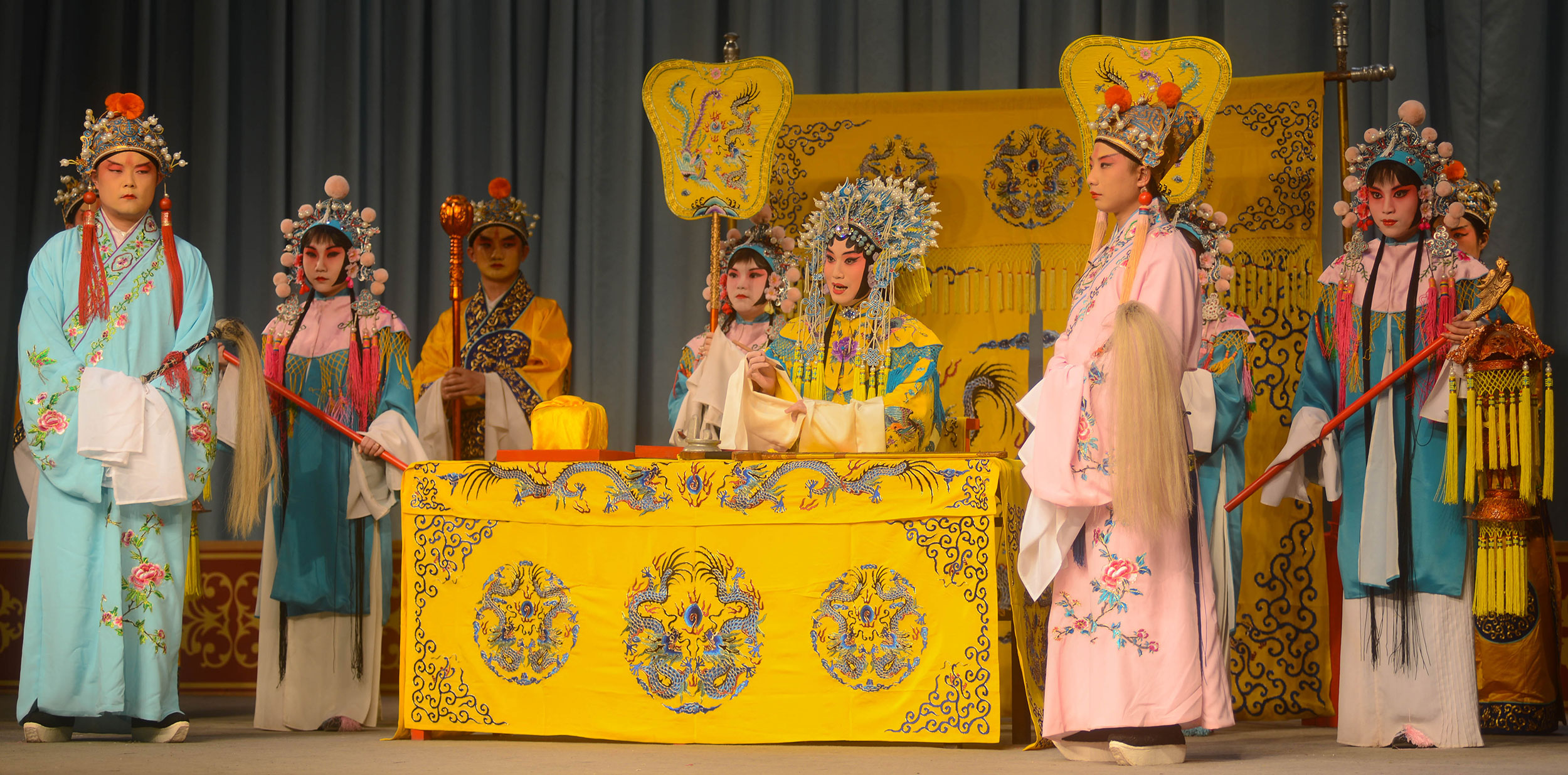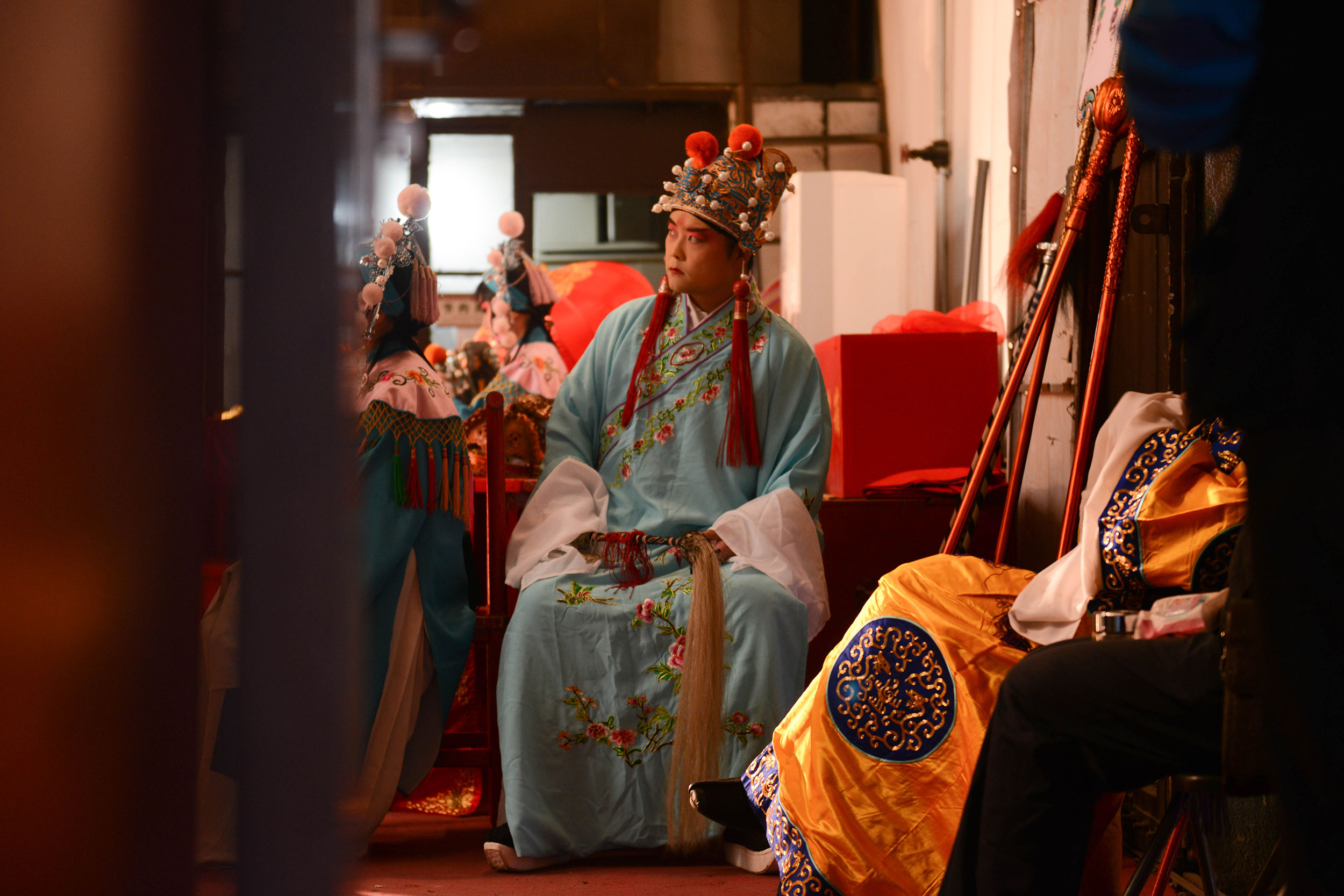Reviving Tradition: The Passionate Youth Behind Beijing’s Peking Opera Renaissance
In a world dominated by modern entertainment, Liu Feng, a 31-year-old graphic designer from Beijing, has found himself immersed in the revival of an ancient Chinese art form—Peking Opera. Unlike many of his peers who might spend weekends at karaoke bars or cinemas, Liu and a group of his friends make the hour-long journey to Shijingshan district in western Beijing, where they gather to rehearse and perform at the Shijingshan Cultural Center. The area is quiet and removed from the city’s hustle and bustle, but inside the small theater, the sounds of traditional Chinese instruments like the erhu, drums, and cymbals fill the air, bringing life to the stage. Liu’s dedication to Peking Opera, along with his troupe, the Beijing Youth Peking Opera Troupe, is a testament to the growing number of young people eager to keep this cultural treasure alive.
Liu’s journey into Peking Opera began during his university years when he took a course on Peking Opera costumes. The beautiful embroidery on the traditional garments captured his attention and sparked his deep passion for the art form. "I once bought a robe for over 10,000 yuan ($1,609). My mother said I was crazy," Liu recalls, reflecting on his early obsession with Peking Opera. What began as a hobby soon evolved into a full-fledged mission to preserve the art, leading him to co-found the Beijing Youth Peking Opera Troupe in 2005. Today, the group has grown from a small ensemble of six to over 30 members, all of whom come together every weekend to rehearse and perform for audiences of more than 200 people.
Despite concerns from some experts about the potential decline of Peking Opera, the efforts of Liu and his fellow enthusiasts are helping to rejuvenate the art form, attracting younger generations of fans. The Shijingshan Cultural Center, which offers a free venue for the troupe, has been instrumental in providing a space for these amateur actors to perform. Wang Yubo, the director of the center, praises the young performers: "They may be amateurs, but they perform like professionals." He notes that the younger generation approaches Peking Opera not only as a pastime but with deep respect for its cultural significance. This dedication is what sets them apart from the older generation, who often perform for fun, without the same level of commitment.
For many young Peking Opera fans, such as Liu, the attraction lies in the traditional Chinese values expressed through the operas, such as loyalty, patriotism, and filial piety. Liu, who grew up near the Beijing Peking Opera Theater, has always been surrounded by the sounds of the opera. As a child, he would watch veteran performers train and rehearse, unknowingly laying the groundwork for his own future involvement in the art. "The most fascinating part of Peking Opera for me is the way it tells stories of traditional Chinese virtues," says Liu. "These are timeless messages, and it feels important to keep them alive for future generations."
Despite the challenges of balancing their passion with day jobs—ranging from satellite engineering to senior advertising management—the members of the Beijing Youth Peking Opera Troupe continue their work with dedication. The demanding nature of Peking Opera training, with its unique singing style, breathing techniques, and rigorous physical movements, makes it difficult for amateurs, but Liu and his friends are undeterred. "It takes much more effort for amateurs since we have to work during the day," says Liu. "But we believe in the importance of preserving the art, and it’s worth the effort."
At the forefront of this revival is Li Shisheng, a Peking Opera master who has worked with the Beijing Youth Peking Opera Troupe for six years. Li, who spent years practicing Peking Opera during the Cultural Revolution while working in a factory, now spends his weekends traveling for hours to teach young performers. "I want to teach my students the most authentic and traditional Peking Opera," Li says. He rejects the modern adaptations of Peking Opera, which often include big-budget stage sets and visual effects, believing that the true beauty of the art lies in its original form. Liu Feng shares this belief, emphasizing the subtlety and depth of Peking Opera’s expression. "It takes time to learn, from an eye contact to a footstep. The beauty is in the details."
In the midst of a rapidly changing world, the dedication of young Peking Opera enthusiasts like Liu Feng is helping to preserve an integral part of Chinese culture. As they balance modern lives with their passion for the traditional art, they are ensuring that Peking Opera not only survives but thrives, passing on its timeless messages to the next generation.


